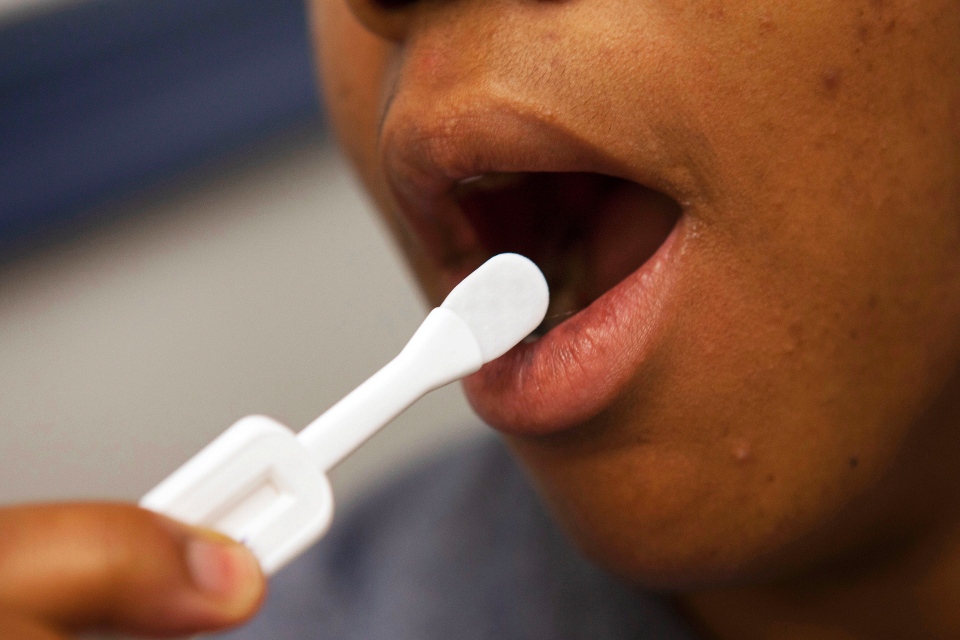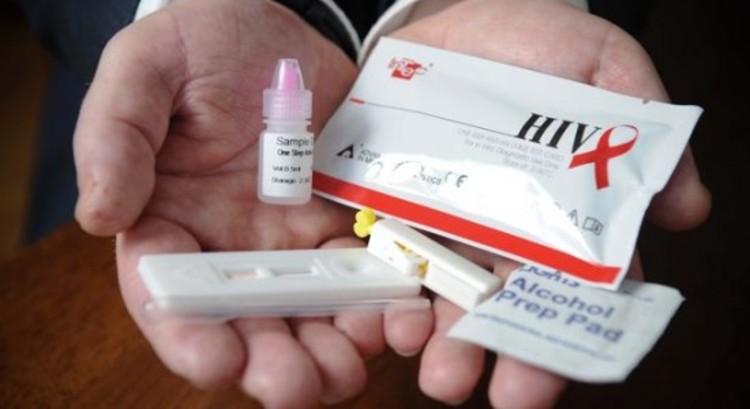
The Sunday Mail

Tendai Chara
Questions are being asked regarding Zimbabwe’s preparedness to embrace HIV self-testing as Government rolls out the HIV Self-Testing in Africa (STAR) pilot project later this month.
Sponsored to the tune of US$23 million, the project – also run in South Africa, Malawi and Zambia – will cover 12 districts.

Government will this month roll-out the HIV self-testing pilot project in 12 districts, aiming to reach 375 000 Zimbabweans over the next two years
The pilot project was launched last year during the 18th International Conference on Aids and STIs in Africa (Icasa) in Harare, and is set to reach more than 375 000 people over the next two years.
Only individuals above 16-years-old will be permitted to collect self-test kits.
The first phase of STAR, whose aim was to ascertain the acceptability and feasibility of self-testing by Zimbabweans, was concluded last year. Results from the first phase revealed that for the second phase of the pilot project to succeed, a number of issues needs to be looked into and addressed.
Self-testing has both advantages and drawbacks.
HIV testing and counselling co-ordinator in the Health and Child Care Ministry, Mrs Getrude Ncube, said the major drawback was failure by participants, especially those in rural settings, to understand instructions on self-testing kits.
As a result, the ministry is simplifying the instructions and incorporating illustrations for easier understanding. The instructions will be translated into local languages. Failure to understand instructions often results in participants incorrectly drawing blood and saliva samples.
Research in Singapore shows that 85 percent of people sampled failed to perform all steps properly when self-testing.
Participants had problems with blood sampling and 56 percent had invalid results because of incorrect test performance, with 12 percent of the participants unable to correctly interpret results.
The research also indicated that 89 percent of participants preferred testing in private, although most indicated that confidential counselling by specialists was necessary.
Another major challenge for Zimbabwe could be proliferation of unapproved self-testing kits. Over the years, there has been an increase in the number of companies advertising unapproved HIV self-testing kits on the Internet.
The United Kingdom banned advertising and selling of HIV self-test kits in 1992.
According to the manufacturers of the self-testing kits which will be used in Zimbabwe’s pilot project, the device is effective and easy to use.
Instructions on the device indicates that one needs to get a swab of the lower and upper gum once to get a fluid sample. The sample is then inserted into a vial containing buffer solution for between 20 and 40 minutes. The results will be ready thereafter.
A big drawback for self-testing has been the high cost of the kits. In the United States, home test kits cost up to US$50.
Medical experts argue that there might be risks in removing control of health care testing from the healthcare specialists.
One of the challenges related to self-testing is to do with confidentiality and the legal implications.
Online sources argue that keeping the results a secret has proven to be a big challenge and a source of discontent in many families. The counselling and notification of a partner is routinely done by local health departments. Home testing bypasses this important, and proven, preventive health measure.
Sekuru Friday Chisanyu, president of the Zimbabwe National Practitioners Association, said: “This project will cause a lot of chaos and panic. From the interactions that I have had with clients, I noticed that some people still view HIV infection as a death sentence. Without counselling, some of the people that will test positive will panic and commit suicide.”
Mr Amon Mpofu, the monitoring and evaluation director at the National Aids Council said participants would be counselled before self-testing.
“Aspects related to counselling and confidentiality will be addressed,” Mr Mpofu added.
After testing positive, participants will go back to health centres where they will be assessed and it will be determined if they should go on anti-retroviral treatment.
Self-testing has its advantages. Chief among them is the fact it eases the burden on public health services and saves lives through early screening.
The concept’s major strength lies in confidentiality. A person uneasy about going to a clinic or doctor can do the test without anyone knowing.
Approved tests are as accurate as antibody tests commonly used in clinics.
Like other antibody tests, self-tests are subject to the same six-month waiting period for results to be certified accurate.
Approved home tests are more than 99 percent accurate beyond six months after possible exposure to HIV.
At a media symposium organised by the Zimbabwe Lawyers for Human Rights, Mr Tinashe Mundawarara – the ZLHR programme manager for HIV and Aids – said self-testing promoted public health goals.
“We believe HIV self-testing will go a long way in addressing the public health challenges existing in the health delivery system and promotes public health goals,” Mr Mundawarara said.
Statistics from the Health Ministry show an estimated 1,2 million people are living with HIV, but only 60 percent of them know their status.
Kenya has developed a national testing and counselling policy that includes HIV self-testing.
‘It is good . . . but it is expensive’
Livingstone Marufu
Self-testing is good in many aspects but is also expensive as users will require second clinical testing to prove their negativity or positivity as far as HIV and Aids is concerned, a top National Aids Council official has said.
NAC monitoring and evaluation director Mr Amon Mpofu also said there was need to ensure counselling services were provided before self-testing.
“You have to be very careful when dealing with some sensitive issues like these so the first and foremost thing to do is to do the community mobilisation where we counsel people about what to expect and how to deal with the circumstances in case one finds he/she is positive.
“They need to know the advantages and disadvantages of the self-testing project to avoid suicidal tendencies in the members of the public. The public has to be well informed about (self- testing) because if not well-managed, it may have serious repercussions to the people,” said Mr Mpofu.
Recent estimates from the Joint United Nations Programme on HIV/Aids indicate that approximately 1,2 million Zimbabweans aged 15 years and older are living with HIV/Aids but most of them are yet to be tested.
NAC says self-testing will reduce transmission of the virus.
Mr Mpofu said: “Self-testing is very expensive as it consumes more resources than any other method since one has to undergo the clinical testing for confirmation. It is not final because it needs a confirmatory test which will determine what type of therapy one
has to go, one cannot just undergo therapy with the self testing technique.”
Government will this month roll-out the HIV self-testing pilot project in 12 districts, aiming to reach 375 000 Zimbabweans over the next two years.



